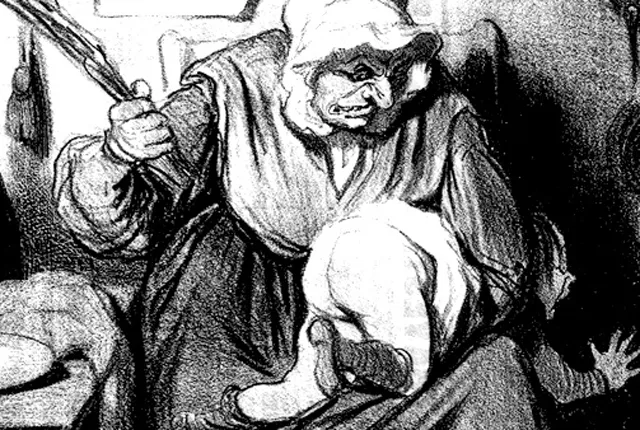Parents often think about the topic of punishments for children. Is it worth punishing at all? How to do it right?… Often, the punishment of children indicates the helplessness of parents and the lack of tools to influence children and trusting relationships with the child.
The purpose of punishment is often to form a child’s understanding that his act is not approved by his parents or society as a whole. However, the child must understand not only the difference between “good” and “bad”, but also why something cannot be done.
A week-long ban on playing on a tablet for a broken vase will make it clear that it is impossible to break a vase, but it will not form an understanding of why, because the tablet has nothing to do with a vase.
The best “punishment” for such an act will not be to buy sweets or something not vital for the child, that he loves for some time, explaining that a vase is needed in the house and therefore now there is a need to buy a new one, respectively, something needs to be saved.
Actually, this is not even a punishment as such, but the development of a causal relationship in a child and the formation of responsibility for his actions. Replacing the purpose of the educational process after violating certain rules from “punish” to “teach responsibility”, you can avoid a number of problems, in particular, chronic anxiety in a child, aggressive behavior, low self-esteem, the formation of the habit of cheating and others.
Punishment is always a certain limitation of the child in something or even psychological or even physical abuse of the child. It does not cause anything but fear and distrust of parents in the future. If you set a goal to form a child’s responsibility for actions, then the child begins to understand the causal relationship between his actions and their result.
It is important to take into account the age of the child and take into account the adequacy of the requirements for it, before voicing them. For example, it is possible to explain the consequences of the fact that a dirty plate will be dirty for a long time and require the child to wash the dishes after use only when the child knows how to use the sink and detergent.
To help reorganize the conflict situation with the child from “punishment” to “formation of responsibility” can be the ability of the parents themselves to build a causal relationship. To learn this, one must understand the difference between “why?” and “why?”
Why : I want to teach a child to wash dishes after himself; does the child need to clean things up? Because : it is so accepted; I don’t have time to do it myself… Why do I want to teach my child all this? In order for : in the future, the child is able to do this; to understand that disorder causes discomfort…
Changing these questions to yourself makes it clear in which cases you need to accustom the child to certain rules, because it is so convenient for you, and in which cases it is useful for the child himself. It is not said that the child should not do something if he does not need it directly, for example, wash the dishes, if the dirty does not interfere with him in any way, and you do not have time to do it. The point is that in this case this does not need to be demanded from the child, but it is worth negotiating and asking.

